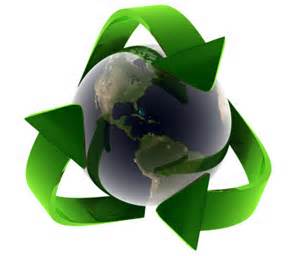Southeastern Laboratories, Inc.
Serving the Water Treatment Industry Since 1973
Water Reuse
Large facilities are good candidates for alternative water sources due to the fact that they typically use large amounts of non-potable water. Companies may be able to update processes to allow for the use of wastewater instead of fresh water. This approach reduces the impact on freshwater resources with subsequent benefits to the local community and the ecosystem. The two most useful “alternative” water sources for facilities are air-conditioning condensate recovery and rainwater harvesting.
• Condensate recovery: The condensate from air conditioners, dehumidifiers, and refrigeration units can provide facilities with a steady supply of relatively pure water for many processes. Because condensate water is relatively free of minerals and other solids, it could be used for cooling tower, boiler makeup and reverse osmosis feed water, or for drip-irrigation.
• Rainwater harvesting: Rainwater is another excellent source of non-potable water and can be used in many of the applications in which condensate recovery is used. Facilities in the U.S. considering the use of rainwater should check with local or state governments about possible restrictions. Some states allow facilities to detain water for irrigation and other uses that return water back to the system, but do not allow water to be retained permanently on a site.
Role of ProMoss™
Because ProMoss™ is an all-natural plant-based product, treated water no longer contains potentially toxic chemicals that can be harmful to the environment. This means wasted process water can be used for irrigation or other applications that would otherwise not be allowed for chemically treated water. It is also a very effective technology for treating rain collection systems, which sometimes overflow to storm drains when excess water is collected.
There are also other applications for ProMoss™ commonly used in industrial processes such a treating reprocessed wastewater to prevent RO membrane fouling, preventing organic fouling in plant processes that use reclaimed water, and treating process waters exposed to plant personnel where treatment with chemicals produces odor and health issues.
